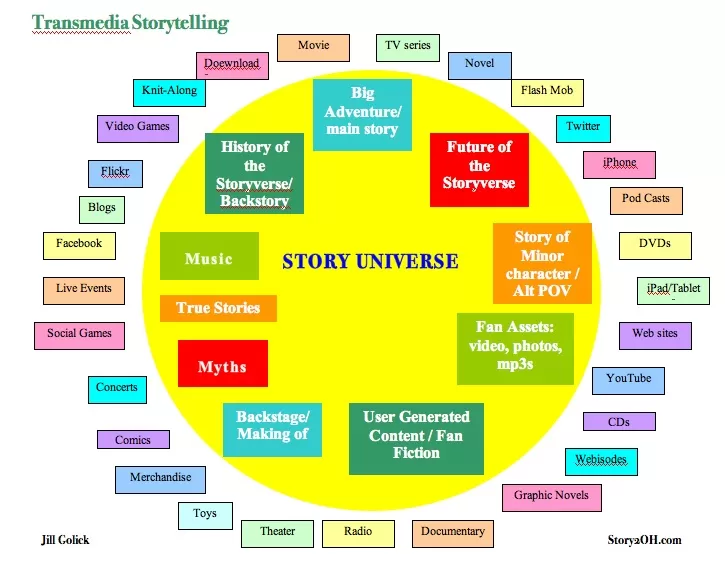 I
It is always vital to conduct extensive market research prior to getting started. Within the early planning stage internal research and analysis needs to occur in conjunction with external research - all users including: moderators, admins and members will need to be thought through in terms of their unique perspective. Then decisions can be made as to the appropriate objectives to pursue, whether to keep membership restricted or open, and whether to recruit customers or prospects as moderators or external staff.
The community manager is the host of the community. This role requires a person who is able to rally online members to take action, complete their profile information, create their own content, and comment on other members’ content. The goal is not for the community manager to control member behaviour, but to teach them how to use the networks functionality.
Collecting feedback and observing how the members interact is vital for future enhancements and improvements to the functionality. The majority of testing should occur during a soft launch in order to trial the platform using a wide range of members in real-world scenarios.
Another aspect of the community manager’s role is to conduct real-time surveys by asking members questions about their experience. The aim is for members to take initiative in submitting feedback, but because the need for feedback is so high during the early stages the community manager will solicit feedback on a regular basis. Surveys should also be conducted using SurveyMonkey and Google Documents.
Recognise & Reward 
Upon first arrival to the network a new user should become instantly aware that this is no ordinary network, but a community with a pulse. Before registering, a user will be presented to a barrage of positive examples for registering- most of these examples will be seen through a reward system; this could be both a financial incentive and a recognition incentive.
Each new member should receive a personalised email from the community manager welcoming them to network. Receiving some form of acknowledgement is the single most important factor in determining if someone returns or not. During the soft launch, the community manager never stops being the host for new members uncertain about how to participate.
The goal for every network is to be a vibrant and highly active community of content creators and content consumers. During the early stages, all of the rewards will likely be appointed by the community manager. These rewards are to recognise preferred behaviour and encourage members to participate on a regular basis.
Other benefits to encouraging members to take a personal interest in their fellow members is building brand advocacy. Members should develop a sense of ownership by submitting their opinions and sharing their time. This emotional investment translates into self-moderation. Self organisation will reduce the pressure on the Community Manager to be as highly active and visibly involved.
Online activities should always be transparent to the whole community; the rewards given for those activities need to be similarly transparent as well. Never act like
Big Brother.






